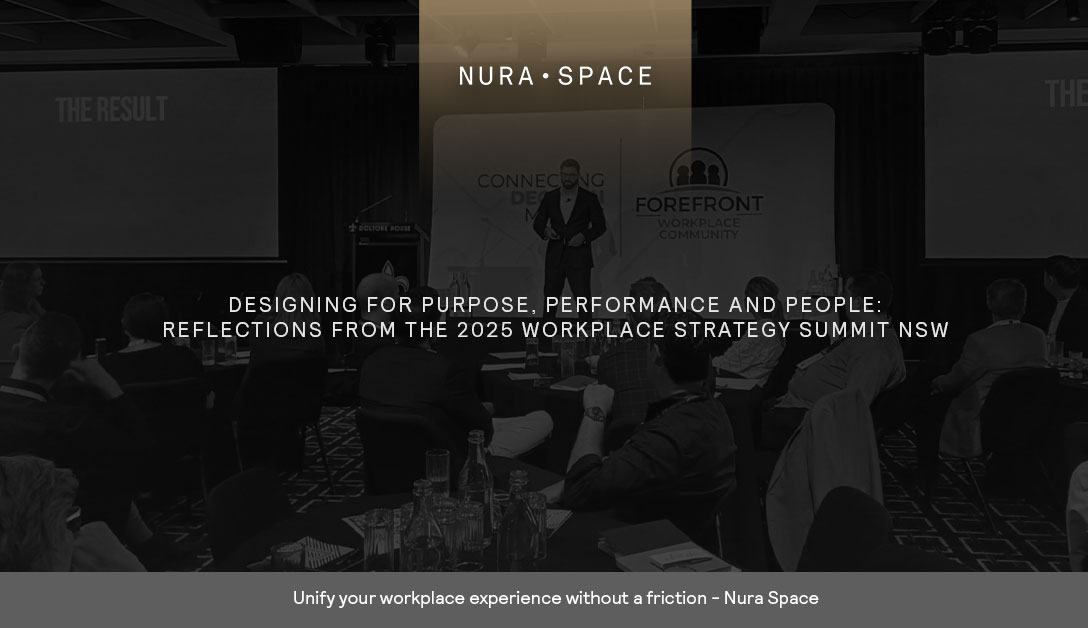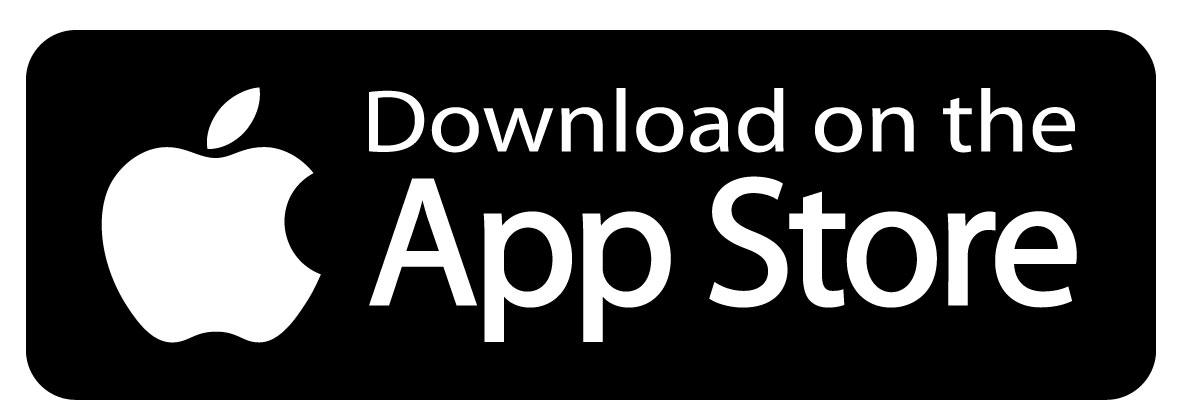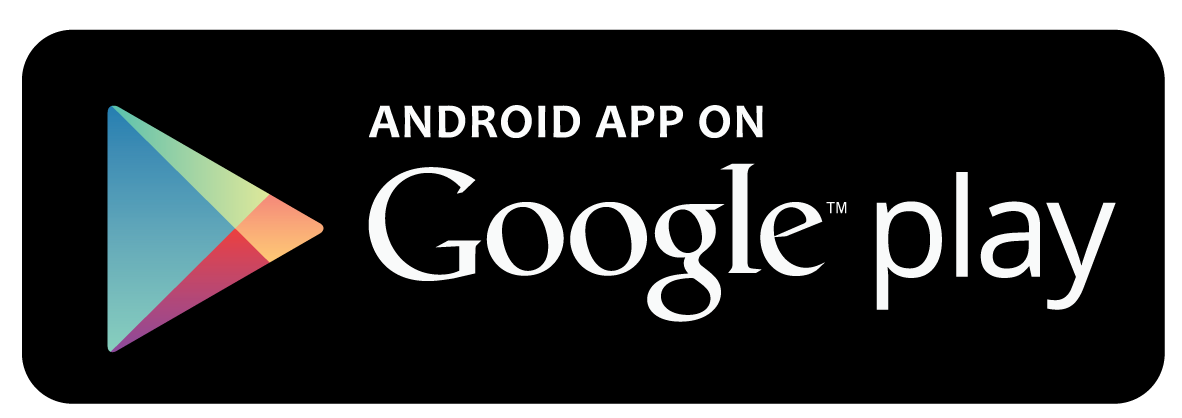Strategic planning in the workplace: maximising resources and bracing ourselves for AI
As the workplace evolves, so too do our strategic planning methods. With a new raft of tools and technological capabilities now at our fingertips - including AI - it becomes a matter of how we harness technology and leverage data to be primed and ready for the future of work.










